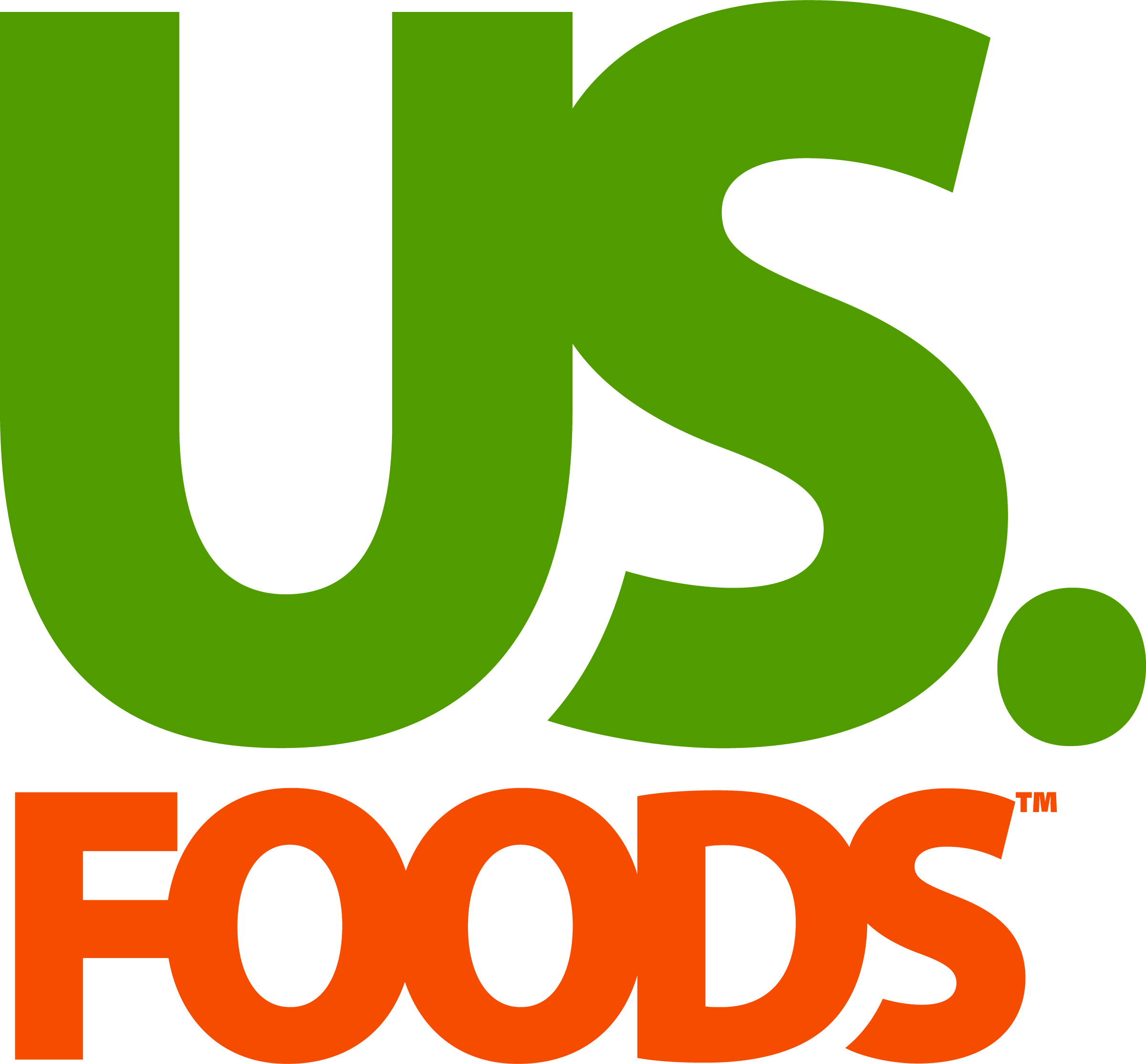Managing your restaurant with a food safety focus.
For this week in National Food Safety Month, we are taking a closer look at the role that restaurant and foodservice managers have in promoting a safe environment for their customers through self-inspection and risk mitigation. By learning what to look for in health inspections, managers can run regular assessments and make preparation a part of their staff’s regular routine.
A Manager’s Role in Food Safety
Restaurant and foodservice managers are faced with the critical role of fostering a food-safe environment. One of the best ways managers can create an ongoing strategy for success is by staying prepared for health inspections. Health inspectors want to know that managers are running a safe, clean operation by checking for many of the basic food safety practices we covered last week. Running regular self-inspections is a great way to test staff knowledge, address problems at the source, and ensure a safe and enjoyable dining experience for customers. An equally important role managers have in fostering a food-safe environment is preventing dangerous foodborne illnesses caused by cross-contamination.
Any food establishment in North Carolina that has been inspected is very familiar with the food inspection form. This form can be used as a checklist to provide foodservice workers with responsibilities that can be rotated and help the staff understand what items are evaluated during an inspection. When these items are not in compliance, they can increase the chance of developing foodborne illness.
Items 1–2 (NC Food Code Chapter 2): These items cover supervision and are the responsibility of the person in charge (PIC). Additionally, the PIC must be a certified Food Protection Manager.
Items 3–5 (NC Food Code Chapter 2,3): The manager should ensure that every foodservice employee is trained about illnesses and symptoms that cause foodborne illness. A foodservice employee should always report any symptom or illness to the manager on duty and the manager should then report to the local health department.
Items 6–10 (NC Food Code Chapter 2, 3, 5, 6): These items cover handwashing practices, food and drink consumption around food, and making sure hand sinks are always stocked with soap and towels. All foodservice employees should be following these practices. A person should be in charge of monitoring that soap and towels are always provided at the hand sinks.
Items 11–14 (NC Food Code Chapter 3, 5): These items cover approved sources. All food should be from an approved source and kept in good condition. The manager on duty is ultimately in charge of these items. Asking another food service employee to verify food sources and to document them is a great backup plan for when the manager may be too busy.
Items 15–17 (NC Food Code Chapter 3, 4): These cover keeping food safe from contamination, no re-use of food that has been served, and that food needs to be kept in a clean sanitized container. Foodservice employees should be asked to monitor that all foods are stored properly and separated in a way that prevents contamination. All food products should be kept covered.
Items 18–24 (NC Food Code Chapter 3): These items cover the temperature controls for an establishment. This includes keeping food hot, cold, cooled, reheated, and properly date marked. All refrigeration should be checked multiple times a day and logged. Log sheets can be kept on refrigeration doors to help document temperatures. Hot holding units or buffets should be checked and logged as well. Any foodservice employee who is cooking should know how to use a thermometer and know the final cook temperatures of all foods—especially animal proteins.
Items 25–29 (NC Food Code Chapter 3, 4, 7, 8): For the use of a consumer advisory if the food establishment serves raw or undercooked food. They must use pasteurized food products, no unapproved food additives, store chemicals properly and separately. If there are any specialized food processes that involve Hazard Analysis and Critical Control Points (HACCP), they must be approved, documented, and followed.
Items 30–32 (NC Food Code Chapter 3, 5, 8): These items cover pasteurized egg usage, approved water and ice sources, and an approved variance for specialized processing methods.
Items 33–37 (NC Food Code Chapter 3, 4): These items cover:
- Proper cooling methods
- Adequate equipment for temperature control
- Approved thawing methods
- Thermometer usage and requirements
- Food being properly labeled when removed from its original container
Items 38–42 (NC Food Code Chapter 2, 3, 4, 6, 7): This section covers:
- The presence of insects or animals
- Keeping food protected from contamination during preparation, storage, and display
- Personal cleanliness of foodservice employees
- Properly using and storing wet wiping cloths
- The washing of fruits and vegetables.
Items 43–49 (NC Food Code Chapter 3, 4): These items cover the proper use of utensils, and the cleaning and maintaining of utensils and equipment. This section is where the foodservice establishment cleaning is noted and that dishwashers are properly maintained (keep up with those little test strips!)
Items 50–56 (NC Food Code Chapter 4, 5, 6): This section ensures that the bathrooms are being kept clean, the dumpster is closed, lighting is working, and the ventilation, floors, walls and ceilings are kept clean.
The person in charge or manager on duty is in charge of all items on the entire inspection form. If applicable, they should assign an item or even a section of the inspection form to the foodservice employees. A successful food service program consists of the managers and employees working together to keep the public safe and the food establishment in compliance.
Resources

